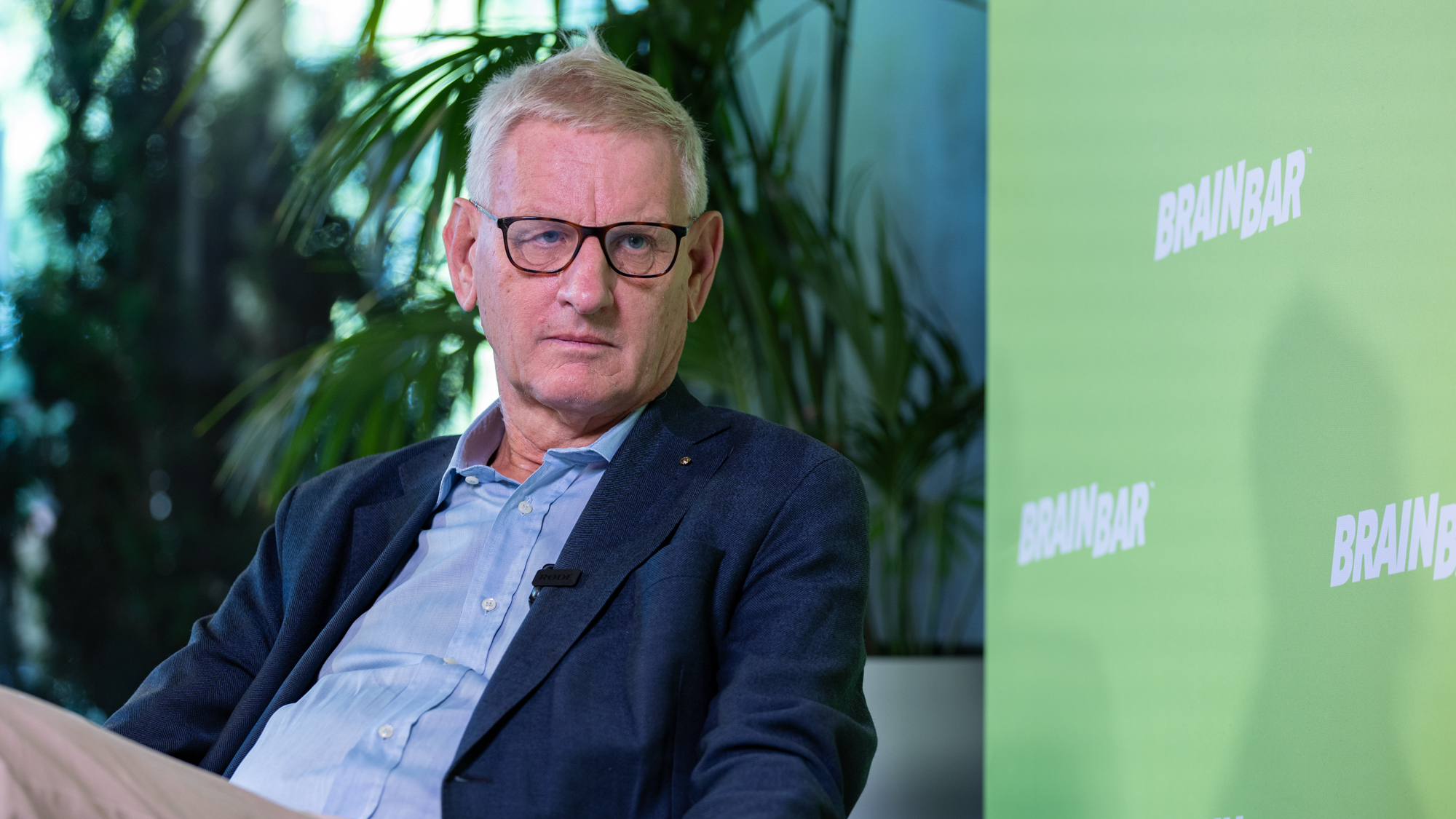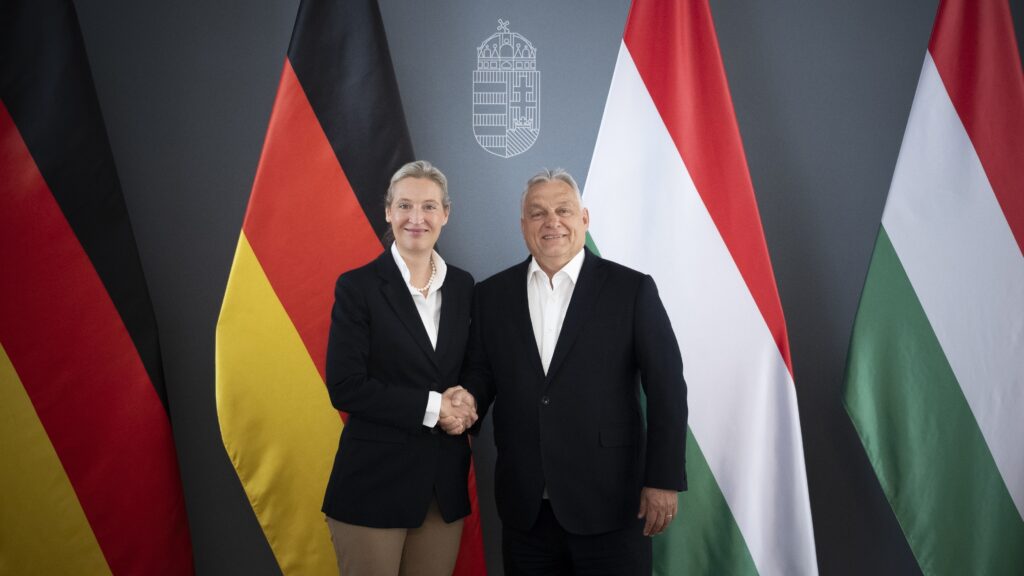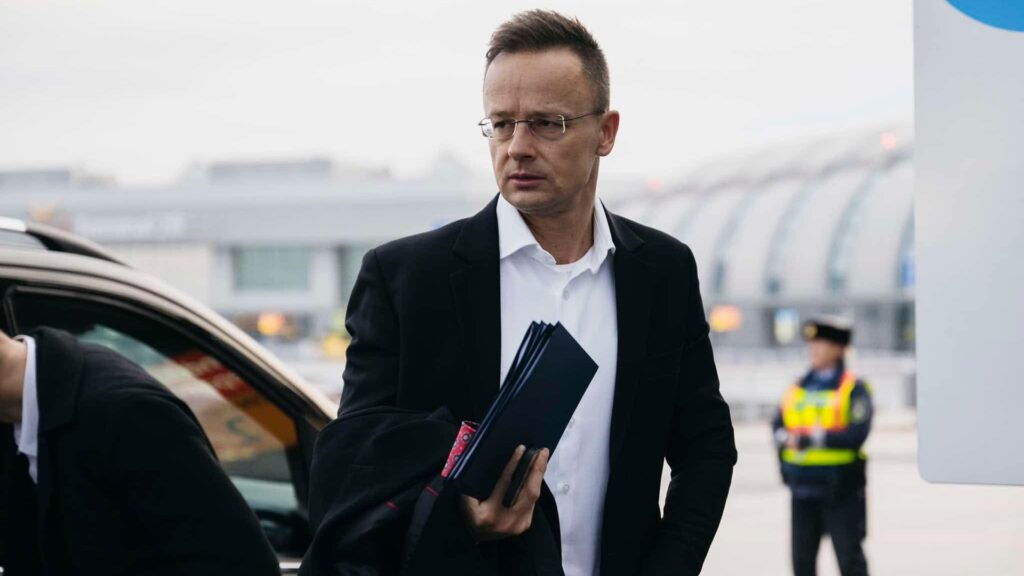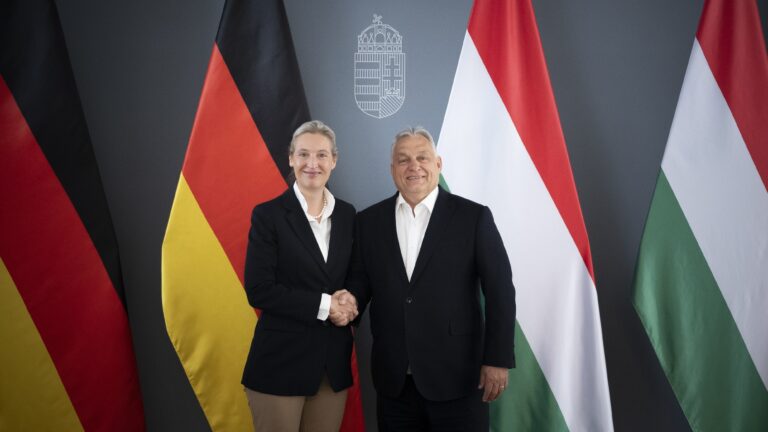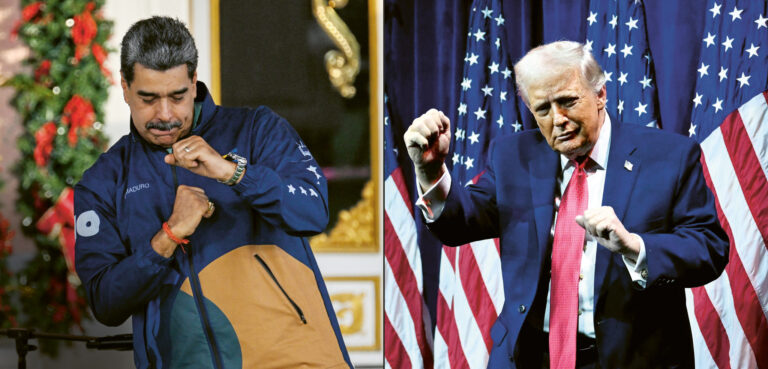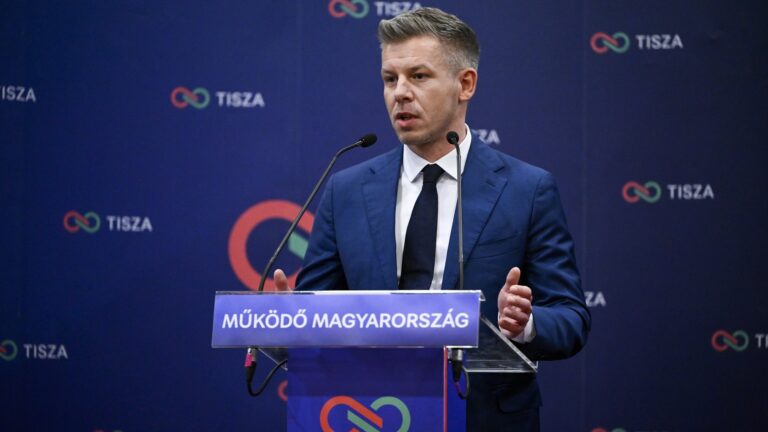Carl Bildt is a Swedish politician and diplomat who served as Prime Minister of Sweden from 1991 to 1994. He led the liberal-conservative Moderate Party from 1986 to 1999 and was a member of the Riksdag from 1979 to 2001. Bildt was the EU’s Special Envoy to Yugoslavia and the co-chairman of the Dayton Peace Conference in 1995. He served as High Representative for Bosnia and Herzegovina from 1995 to 1997 and, later, from 1999 to 2001, he was sent to the Balkans as the UN Secretary-General’s Special Envoy. Bildt worked as Minister of Foreign Affairs under Prime Minister Fredrik Reinfeldt from 2006 to 2014.
***
You prepared the accession of Sweden to the European Union as Prime Minister. Many decades have passed since. Was the EU membership a profitable decision for Sweden?
Well, it was a time of transformation in Europe. It was the fall of the Soviet Union. We were also very preoccupied with the Baltic states and countries in Eastern Europe, and with building peace and integration. We had a referendum in the autumn of 1994. I can’t remember the figures exactly, but I say that it was 52 per cent against 48 per cent, or something like that. If you look at the opinion polls today, I don’t have the exact figures, but it would be 90–95 per cent in favour of membership. And then the Social Democratic Party was split; they were not completely united on it. We had two political parties campaigning against it, the Greens and the ex-communists. The Greens are now very much in favour of the EU membership, and the ex-communists are, on paper, still sceptical, but in practice, they are members of the European Parliament and fairly constructive in the arena where it’s important for Sweden. It’s been extremely profitable for most of our economy.
Stereotypically, there are two groups of countries in Europe: some member states support the further political integration of the EU, some don’t. Sweden supports it, right?
Well, in different areas, yes. I mean, there are clearly areas where we need more integration. For example, we need to complete the single market; it’s not yet there. So in terms of economic, market, and trade issues, we need a more assertive European Union. We also need bigger cooperation, in my opinion, in foreign and security affairs, because we have a fundamentally different global situation that we need to handle.
‘In terms of economic, market, and trade issues, we need a more assertive European Union’
So, we cannot say that Sweden supports the political integration or the federalization of the union.
The EU is a federation in terms of the single market and trade. I mean, in the single market, there is qualified majority voting, and it’s nearly a federation in trade or in competition policy. We have a number of areas where the EU is already a federation today.
But then we have a number of areas where it is an intergovernmental organization. Foreign and security affairs are still essentially intergovernmental. And a lot of things that you see on the agenda of the European Council are de facto intergovernmental. But we now have a situation where the global context makes governments more interested in making decisions together in one way or another.
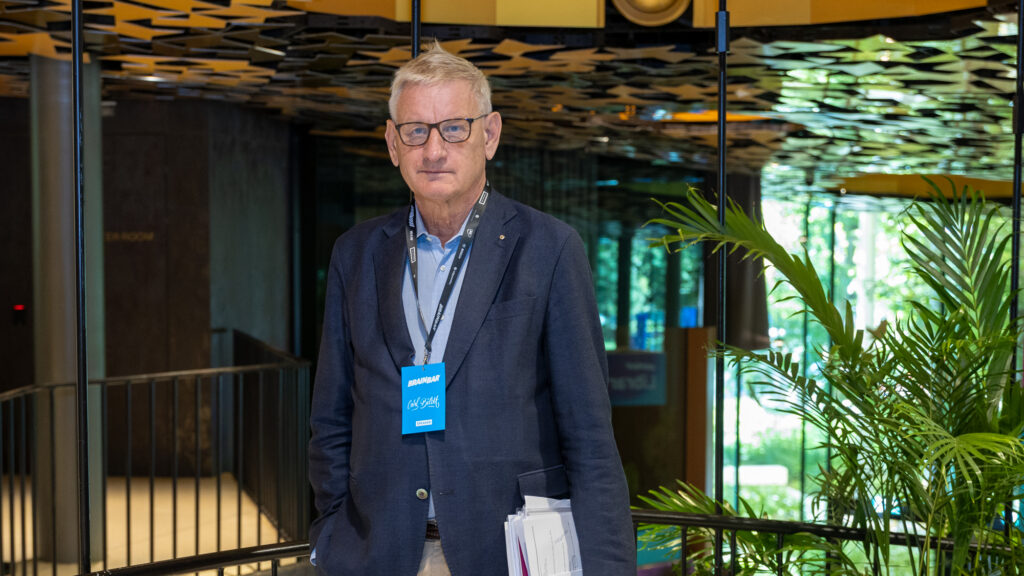
Hungary belongs to the other group; it really opposes the more federalistic structure of the EU and fights for the remaining parts of its sovereignty. How does Sweden see this fight?
That position is intriguing because if you look at Hungary, the Hungarian economy is extremely dependent upon the German car industry and other car industries. Why are they here? Not because of the Hungarian market. They’re here because of the European market and because of the single market. So Hungary has a fundamental interest in deepening and preserving the single market, which is the core of the cooperation. I don’t know the Hungarian attitude to the Common Agricultural Policy, but I would expect that Hungary is in favour of it, because you get the money. I was surprised to see that Hungary has now asked for 16 billion euros for its defence from the Commission. Defence is very much a national issue, but still, Hungary asked for money from Brussels for its defence forces. The Hungarian position has a lot of rhetoric for domestic issues, but the country is heavily integrated into Europe.
There are other areas, like migration and gender policies, or the regulations of national institutions, where there has been much criticism of Hungary from the European institutions. The Hungarian government perceives that it’s criticized because it has alternative policies to obtain energy from Russia, for the defence of its borders, or on immigration.
If you take energy, you are subject to very heavy criticism by the Americans for importing oil and gas from Russia, supporting the de facto Russian war of aggression against Ukraine. I mean, that’s not a good thing.
Still, Slovakia and Hungary have an opt-out in the EU, and the US understands that dependency.
It doesn’t seem to understand it, because it’s criticizing it very heavily, and it’s asking us to take action against Hungary and Slovakia. I understand there’s a discussion in Brussels that’s going to be a period of transition, because we do understand that there are dependencies that you can’t cut in a day. That’s fairly natural.
‘Hungary has a fundamental interest in deepening and preserving the single market, which is the core of the cooperation’
Then migration: I looked at the figures. Hungary has a significant demographic problem. Birth rates are lower here than in Sweden, in spite of a lot of programmes. Adding to that, Hungary has a problem that we don’t have: young people are leaving Hungary and going elsewhere. I was surprised to see the number of immigrants in Hungary coming in order to supply the labour market, because you will not be able to stay in economic activity with the existing Hungarian workforce alone. And accordingly, if you look around in Budapest, it’s a fairly multicultural city by now.
It’s certainly true regarding Budapest. But if you see who the immigrants are in Hungary and who the migrants are in Sweden, the two situations are absolutely different.
Not different.
We have workers in factories. You don’t see that situation in Hungary, like you do in Malmö, where there are no-go zones, where there are multicultural neighbourhoods with ethnic problems. What is your evaluation of the Swedish migration policy and the limits of the Swedish welfare system?
We don’t have any no-go zones. That’s one of the myths. We have some problematic errors. No question about that.
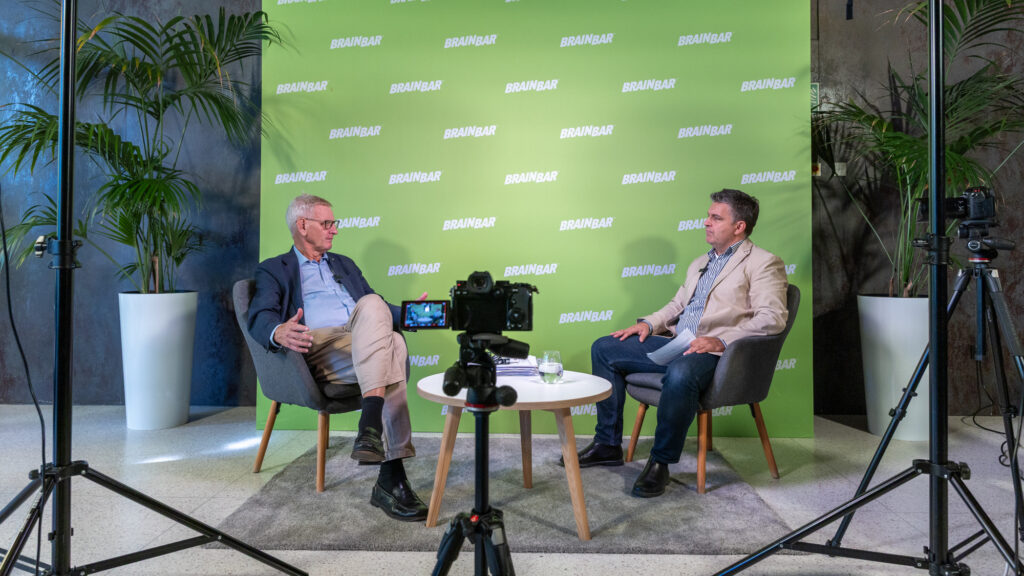
We saw riots in the streets.
We have fewer riots than in most other countries…We don’t have any riots that I’m aware of, but we have problematic errors with some of the recent migrants. But at the same time, things sort themselves out. Going back to when I was Prime Minister, there was the Bosnian war. We took in roughly 100,000 migrants, and there was a lot of opposition to that. We had 3,000 people every day coming to the southern part of the country. If you look at what happened to those people, some got very problematic, but some got brilliant. Out of them, we have had members of government, we have members of the European Parliament, and we have members of the parliament. On average, the Bosnian refugee community is doing slightly better than the average original Swedish community. I’m not going to say that’s going to happen with others. To take one other example, we took in a fairly large number of young African boys without mothers and without wives. Young boys are a problem. I would expect that to be sorted out. But do you remember, there was this famous picture of Angela Merkel with a refugee?
A selfie with a refugee, right?
It was with a Syrian refugee. I saw an interview with him; he’s now a successful businessman, and he’s making a contribution to the German economy. But of course, not everyone is that. I’m not saying it’s without problems and challenges. But we have adjusted the policy. If we go back in time, we’ve had significant immigration for decades. You might say there were more Europeans, like Italians, Yugoslavs, and an element of Hungarians after 1956, although that’s a slightly different issue. And overall, if you go to a Swedish hospital today, you will find that a significant number of the doctors are of migrant origins, and a lot of dentists are Persians. They came after the Persian revolution, and they are today Swedes.
‘We don’t have any riots that I’m aware of, but we have problematic errors with some of the recent migrants’
But it’s not an accident that the Sweden Democrats, an anti-immigration right-wing party, grew stronger, and some sectors of the Swedish society felt that the welfare system couldn’t be managed if Sweden took in more migrants. Is the welfare system overburdened by the side effects of migration?
As I said, going back to the early 90s, when we took all of these Bosnians, there was a significant opposition. That was the beginning of the Sweden Democrats, by the way, they were called the New Democracy at the time. They set up a political party to oppose immigration and refugees, and they received some support, but not much. But absolutely, there is the fear factor.
At the same time, we are now desperate to get more migrants, primarily those who come and can work in our country. Difficult to know exactly who those are at the moment. If you look at the restaurant scene in Stockholm, I mean, Swedish cooks do exist, but…I don’t know about the restaurant scene in Budapest, whether it is dominated by Hungarians or if there are foreigners.
Mostly Hungarians, but naturally, there are a variety of international restaurants.
As it should be.
But it’s the capital. Capitals are always different from other big cities or the countryside. Paris is different from Rouen.
Sure, but you will have roughly the same situation if you go around the cities of Sweden. I mean, if you go to the rural areas, of course, that is different, but all the major cities of Sweden would be more or less the same.
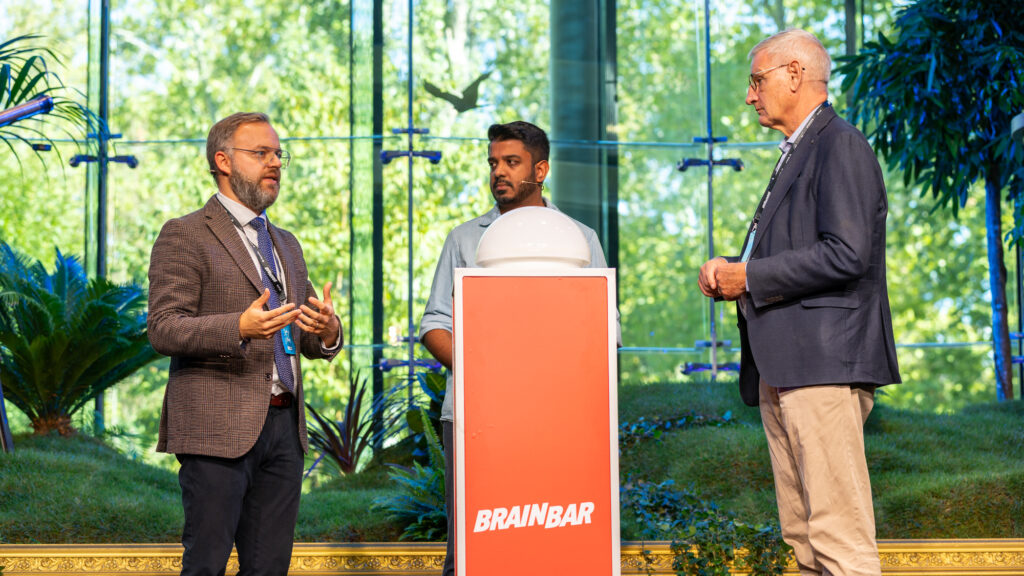
I want to skip to the bigger picture. You will have a debate soon in Brain Bar, and it is about the future of Europe. I’m just quoting one sentence from the introduction of the debate: ‘What kind of Europe will we see in 2050: one in decline, or entering a new global golden age?’ Which do you envision?
Obviously, we all want the renaissance. Will that happen? That depends on us. That’s politics. Do we want to make things better? Decline could come if we don’t manage to sort out our primary economic issues. We have challenges in terms of competitiveness that we perhaps have not taken sufficiently seriously in the last ten years. And the reason for that is we’ve been busy with everything, with the Euro crisis, the refugee crisis, the COVID-19 crisis, the Russian invasions, and things like that. The European agenda has not been sufficient to focus on the competitiveness issues in the last few years. Now it must focus on those issues.
‘We have challenges in terms of competitiveness that we perhaps have not taken sufficiently seriously in the last ten years’
I see, for example, now a significant possibility for Europe on the global stage, because the Americans are leaving. The Americans are tearing down everything that was in the liberal global order, and they have no interest in it. At the same time, what they are doing in trade is a disaster. The US imports and trade are 15 per cent of the global economy, of the global trade. 85 per cent is the rest, so we need to engage with the rest. Two-thirds of the global growth is in Asia. So we need to forge trading relationships. We need to forge relationships in global health, where the Americans are leaving as well, which is, I think, fairly disastrous and dangerous. Now, there are quite a number of issues where the Americans are leaving, and the Chinese might step in. Well, partly good, partly bad. But where Europe has a role, we must step in. I think we can make a significant contribution in a situation where the Americans are fundamentally changing.
You’re a Balkan expert, you have a background in diplomacy. Could the accession of the Western Balkans give new impetus to the EU to be a global player again?
I would hope. I’m slightly less certain because they have not been able to sort out some of their domestic issues. Therefore, it’s going to depend on the Balkan countries making themselves ready for membership. I see far more potential in Ukraine, because Ukraine is one country that makes things easier, roughly the size of Poland in terms of population, while its economy is significantly smaller, but that could be a boost. The Balkan economy is smaller than the Ukrainian economy, and there are significant political problems in different countries, such as Bosnia and Serbia.
And what about Türkiye? As a Foreign Minister, you supported the idea of Turkish accession to the EU.
I did.
And the same question applies to Türkiye: They have unsolved internal problems. Do you still support Türkiye’s EU membership aspiration?
I do.
Why?
It’s a very significant European country.
Do you say that because of its potential in national security?
No, we already have them in terms of NATO. 90 million people are a significant industrial potential; they are already part of our customs union, by the way. But today, I don’t think the conditions are there for EU membership. Some political developments in Türkiye are alarming, like when they arrest the leader of the opposition and put him in jail, or the significant restrictions on the media. I was a very enthusiastic supporter of President Erdogan when he was doing a remarkable democratic opening of Türkiye after decades of de facto military rule. But they are now going backwards, and that means, I think, that the Türkiye issue is not on the agenda at the moment.
‘I think…the Türkiye issue is not on the agenda at the moment’
I would like to close the conversation regarding your membership in NATO, as Sweden is a new member. You changed your traditional neutral position on NATO membership because of the Russian threat. Do you think that Putin’s policies are aimed at deliberately harming the interests of NATO and the EU? How imminent is the Russian threat to Europe?
I don’t know that it is imminent, but it’s there. I mean, if you listen to him, he considers himself not to be at war with NATO or with the West, but he wants to create a new world order, in one way or another. I think he’s now stuck in Ukraine. He’s not been very successful in there. And as long as that is the case, he can’t do much more. If he gets more successful in Ukraine, you will not know. I mean, the previous Finnish President said, the Cossack normally takes what is loose. That’s essentially why Finland and Sweden joined NATO. We wanted to be absolutely certain that we are part of the Western defence alliance for the same reason as Hungary, because we don’t really know where Russia is heading. At the moment, it is on an aggressive course, and whether it will succeed with it, that’s debatable, but not to be excluded.
Watch the full podcast below:
The EU is a federation in some areas | Danube Lectures
No Description
Related articles:

